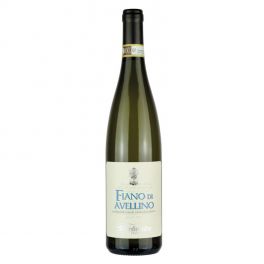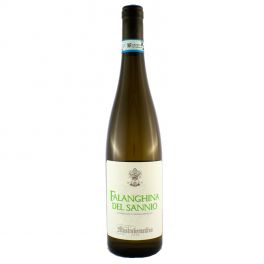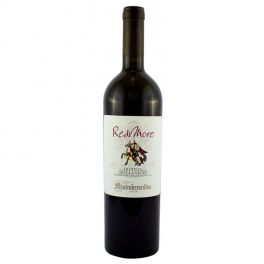Enoteca Online: scopri i tesori pregiati su foodexplore
Vino online prezzi ed offerte vini pregiati: Tignanello, Sassicaia.
Foodexplore proponuje sprzedaż internetową win z najlepszych firm, które odzwierciedlają naszą filozofię: produkty niszowe, wysokiej jakości, a przede wszystkim respektujące zasady zrównoważonego rozwoju środowiska. Włochy są krajem o największej liczbie rodzimych odmian winorośli na świecie (ponad 350). Rodzime odmiany winorośli wyróżniają i charakteryzują włoską uprawę winorośli i enologię. Ze względu na specyfikę każdej odmiany winogron, w każdym kieliszku można spróbować niepowtarzalnego włoskiego wina, co wynika z odmienności terytorium, klimatu i gleby. Najsłynniejsze odmiany, dzięki którym włoskie wina stały się znane za granicą na przestrzeni dziejów, to z pewnością sangiovese, z którego powstają słynne Brunello di Montalcino i Chianti; Nebbiolo, z którego wytwarza się Barolo, ale także Barbaresco, Zibibbo (winogrono używane do produkcji Passito di Pantelleria) oraz Corvina, Corvinone i Rondinella, które tworzą słynne Amarone della Valpolicella. Na FoodExplore znajdziesz najsłynniejsze winnice, najlepsze wina, które zapisały się w historii włoskiej enologii, a także odkryjesz z nami nowe małe winnice produkujące doskonałe wina.
Mastroberardino is one the most important wineries of Campania and certainly one with the most ancient origins. In the 16th century Berardino started working as a wine-grower in Irpinia, and he was so good that he got the nickname of 'Master', Mastro in Italian, and that is where the company and the family got the name from. For 19 generations, the Mastrobernandino's has been continuously working to improve and innovate themselves but without ever loosing sight of their traditions. They have always respected the ancient grape varieties that have always grown in the area, acting as a link between modernity and tradition. For this reason the Pompei Archaeological Office entrusted the expert Mastroberardino with the lands of the ancient town of Pompei, once devoted to wine-growing, in order to plant the old native varieties. Today Mastroberardino owns about 300 hectares of vines divided across the different estates in the most suitable areas of Campania resulting in production of around 2,300,00 bottles.

Filtry


 Italiano (IT)
Italiano (IT) English (EN)
English (EN) Deutsch (DE)
Deutsch (DE) Français (FR)
Français (FR) Español (ES)
Español (ES)

